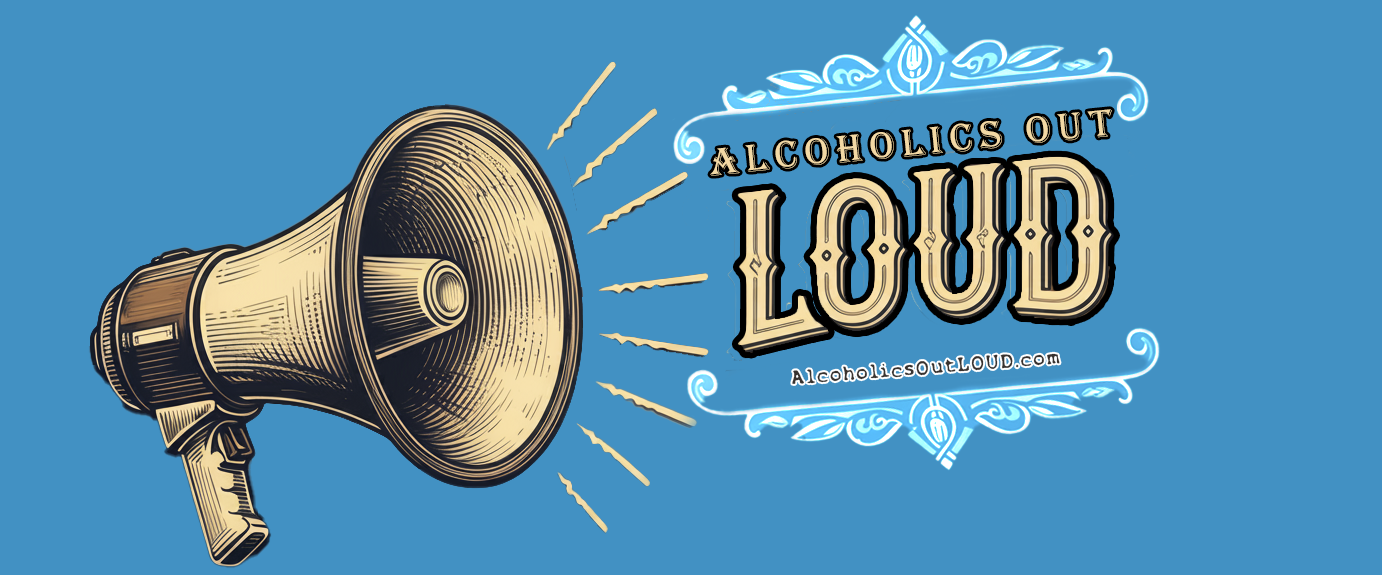Recovering from addiction is a courageous journey, but it often comes with challenges beyond staying sober. Anxiety and depression are common struggles in recovery, as the brain and body adjust to life without substances. If you or someone you know is facing these difficulties, know that you are not alone. Here are some practical strategies for coping with anxiety and depression while maintaining sobriety.
1. Acknowledge Your Feelings Without Judgment
It’s normal to experience anxiety and depression in recovery. Instead of suppressing or ignoring these emotions, allow yourself to feel them. Journaling, talking with a trusted friend, or attending a support group can help you process what you’re going through.
2. Establish a Routine
Creating structure in your day can provide a sense of stability and purpose. Try to wake up and go to bed at the same time each day, incorporate healthy meals, and set small, achievable goals. Having a routine can reduce feelings of chaos and uncertainty.
3. Prioritize Physical Health
Exercise is a powerful tool for mental well-being. Physical activity releases endorphins, which naturally boost mood and reduce anxiety. Even a daily walk or light stretching can make a big difference. Pairing exercise with proper nutrition and hydration also plays a key role in emotional balance.
4. Practice Mindfulness and Meditation
Mindfulness techniques can help you stay present and reduce overwhelming thoughts. Meditation, deep breathing exercises, or guided relaxation can calm the nervous system and help you manage stress more effectively.
5. Seek Professional Support
Therapists, counselors, and support groups can provide guidance tailored to your recovery and mental health needs. Cognitive-behavioral therapy (CBT), for example, is highly effective in treating both anxiety and depression. If necessary, consult a doctor about non-addictive medications that may help regulate mood.
6. Stay Connected to Supportive People
Isolation can worsen anxiety and depression. Stay in touch with family, sober friends, or support groups. Even a quick phone call or attending a recovery meeting can provide encouragement and remind you that you are not alone.
7. Engage in Activities That Bring You Joy
Finding new hobbies or rediscovering old passions can help lift your mood. Art, music, reading, volunteering, or even simple activities like gardening or puzzles can provide a sense of fulfillment and relaxation.
8. Limit Triggers and Negative Influences
Identify what contributes to your anxiety and depression and take steps to limit exposure. Whether it’s toxic relationships, social media, or negative environments, reducing these influences can help protect your mental health.
9. Be Patient with Yourself
Recovery is a process, and so is managing mental health. There will be ups and downs, but progress takes time. Treat yourself with kindness, practice self-compassion, and recognize the effort you’re putting into improving your life.
10. Remember That You Are Not Alone
Anxiety and depression in recovery can feel overwhelming, but there is always hope. Reach out, seek support, and remind yourself that healing is possible. You are not defined by your struggles—you are defined by your resilience and determination to build a better future.
Taking these steps can help you manage anxiety and depression while maintaining sobriety. If you’re struggling, don’t hesitate to reach out for help. You deserve support, healing, and a life filled with peace and purpose.

